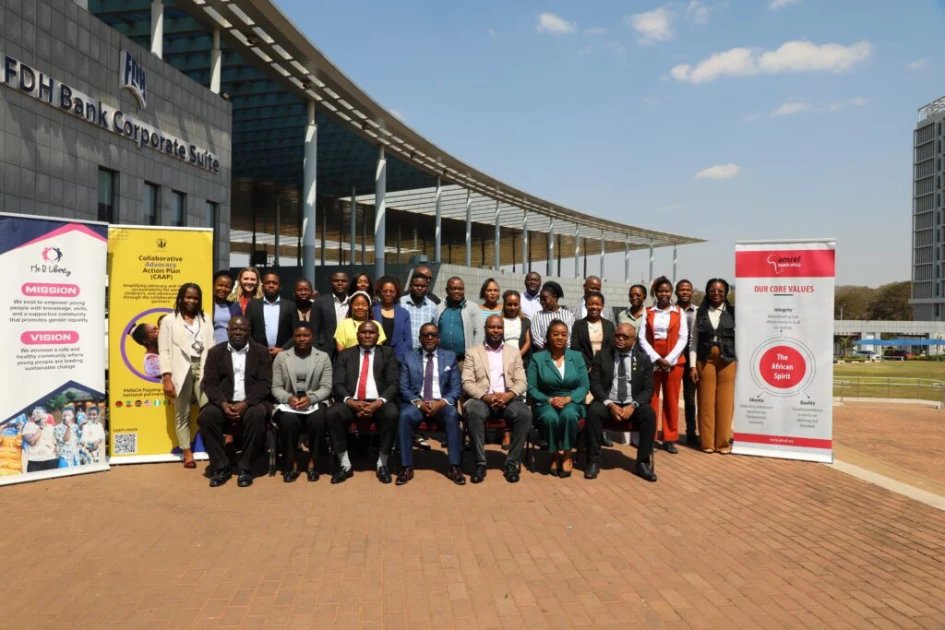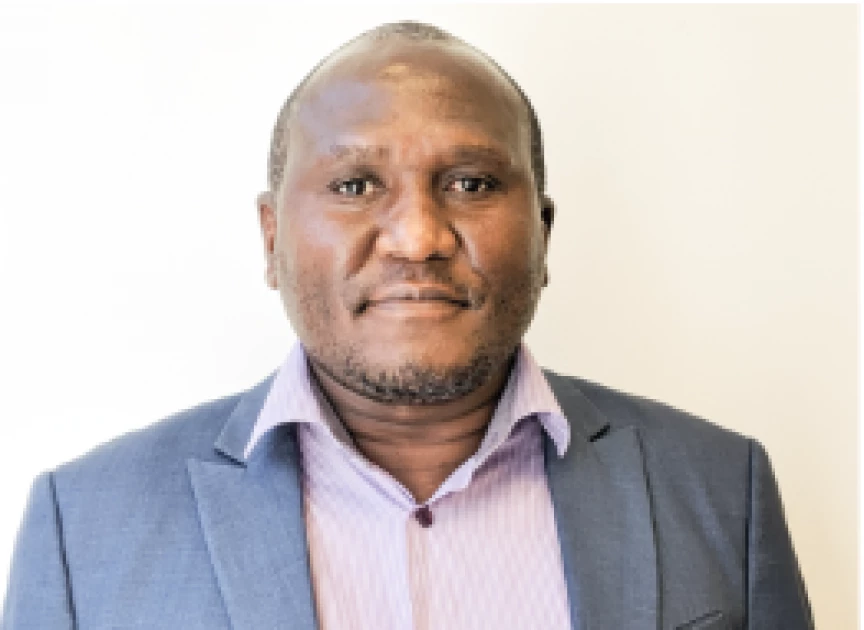Malawi’s political parties pledge health commitments ahead of elections

Civil society organizations with DPP leaders after engaging discussions to advance Malawi’s CAAP goals. PHOTO| COURTESY

Audio By Vocalize

As Malawi prepares for national elections this September, women’s, children’s, and adolescents’ health has taken centre stage in political dialogue.
In a two-day engagement organised by Amref Health
Africa in Malawi under the Collaborative Advocacy Action Plan (CAAP), more than
20 civil society organisations met with the country’s four major political
parties—MCP, UTM, UDF, and DPP—to shape manifesto commitments before polling
day.
Senior political figures attended, including ministers, presidential advisors, and party secretary generals, signaling the weight of the discussions. To bring the four political parties to the table, we approached each party with a tailored value proposition anchored in their existing commitments to public welfare.
Rather than framing the
meeting as a negotiation, we positioned it as a strategic opportunity to
co-shape a national health agenda that reflects cross-party consensus.
Similarly, the collaboration among 20 CSOs was facilitated through joint
planning sessions under the CAAP initiative, drawing on their unique mandates
and prior mapping that identified their complementary strengths.
- MCP: Spokesperson and Minister of Higher
Education, Hon. Dr. Jessie Kabwila, announced that the party’s 2025–2030
manifesto aligns with CAAP priorities, committing to upgrade the 60-40 gender
law to a 50-50 target and to reserve four cabinet seats for youth leaders.
- UTM: Secretary General Hon. Willet Karonga
praised the “strategic timing” of the engagement as the party continues
finalizing its manifesto, agreeing to include Abuja declaration 15% target in
the parties’ plans.
- UDF: Party President Atupele Muluzi pledged
to increase domestic budget allocations for maternal, newborn, and adolescent
health, with the aim of cutting donor dependence.
- DPP: Presidential advisor Hon. Chimwemwe
Chipungu acknowledged deep health sector gaps and promised long-term solutions,
saying Malawi’s future relies on a strong and functioning health system.
Lessons for Advocacy: How You Can Implement
a Similar Approach
CSOs drew several lessons from the
engagement:
- Timing was critical: Dialogues took place
while manifestos were still being developed.
- Youth and women’s voices mattered: Their
presence lent authenticity and urgency to the advocacy.
- Preparation worked: CSOs reviewed
manifestos in advance, aligning messages with CAAP goals.
- Media amplified impact: Ten outlets covered
the event after journalists received background and calls-to-action.
- Different party perspectives required broad
framing: Balancing health interventions with social and economic determinants
widened political support.
- High-level attendance added legitimacy:
Senior party leaders’ involvement elevated the issues as national priorities.
- Global frameworks reinforced commitments:
References to the Abuja Declaration highlighted the broader significance of
national pledges.
Policy Implications: Where Do We Go From
Here
While the dialogues secured broad
commitments—from allocating 15% of the national budget to health to ending
child marriage and promoting youth leadership—civil society emphasized that
these promises must now move from paper to practice.
- Health Financing: The pledges underscore
the need for consistent domestic funding to strengthen Malawi’s health system
and reduce donor reliance.
- Representation: Plans to enshrine 50-50
gender representation and cabinet seats for youth will demand follow-through in
legislation and governance.
- Sustainability: Long-term solutions
stressed by political leaders must be matched with institutional reforms to
build a resilient health sector.
- Accountability: Continued engagement after
elections will be crucial to ensure that manifesto promises are carried into
implementation.
By convening political leaders, CSOs, and
the media, Amref Malawi and CAAP partners positioned themselves as key players
in health advocacy. The engagement showed that evidence-based advocacy,
inclusive participation, and high-level dialogue can shape national
priorities—and lay the groundwork for healthier futures for Malawi’s women,
children, and adolescents.
Hester Nyasulu is the Country Director of
Amref Health Africa in Malawi.
Hester.Nyasulu@amref.org, X handle: @amref_malawi


Leave a Comment